It’s not easy being the spouse of a paramedic. While the traits that drew your spouse to their calling — bravery, compassion and selflessness — may be the same traits that drew you to them as well, the daily realities of the profession can wear on even the most stable of relationships.
Having a spouse who works as a paramedic can seem like a sacrifice, but can also be immensely rewarding. By coming to terms with their lifestyle, you can help cultivate a more harmonious, supportive relationship. But to do so, you’ll have to face some important realities.
1. Loneliness is to be expected.
A paramedic’s schedule is very different from that of a typical 9-5 job. On many days, you may be the only one taking care of your children, preparing food and attending to household chores. Your spouse may miss weekend plans with friends, holidays and other family events because of their work hours. It can be difficult to keep a household in order and maintain a positive mood when your spouse isn’t around to help and support you. If you start to feel overwhelmed, don’t hesitate to reach out to other people who care about you. Friends and family members can lift you up, relieve some of the burden of your responsibilities and remind you that you’re not alone.
2. Sometimes, you’ll feel like you take a backseat to your spouse’s crew.
It can be difficult to understand the close bond that your spouse likely has with their co-workers. Over the course of long shifts inherent in emergency response work, it’s only natural that your spouse will connect with the men and women who whom they work. Sharing your spouse is never easy, but the bond that your loved one has with their co-workers doesn’t have to be a bad thing. Instead of attempting to compete with this camaraderie, try to embrace it and appreciate the value that it brings to your spouse’s life. This social support system is critical to your spouse’s emotional health, especially after they come back from difficult calls.
3. The biggest threats to your spouse’s health are invisible.
The physical injuries associated with life as a paramedic are widely known, but because paramedics face a variety of unique occupational stressors, they’re also at risk for other kinds of damage that may be less visible. Saving lives gives paramedics a front row seat to trauma on a regular basis. Without proper support and self-care, the emotional turmoil of the job may lead to anxiety, depression, post-traumatic stress disorder (PTSD) and addiction for some
4. It’s okay to ask for help.
Being the spouse of a paramedic isn’t always easy. Between the lonely nights and the close calls, you may feel like you’re alone with your troubles. However, this couldn’t be further from the truth. There are countless other spouses who share in the same struggle, and online resources are available to help you connect with them.
Are you worried about your spouse’s mental health or substance use? The IAFF Center of Excellence can help connect your spouse to the care that they need. This facility is designed specifically for fire fighters and paramedics. Reach out to a representative today to learn more or get started.





